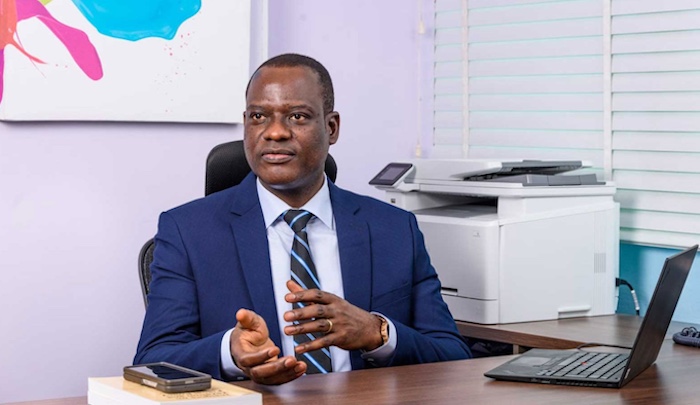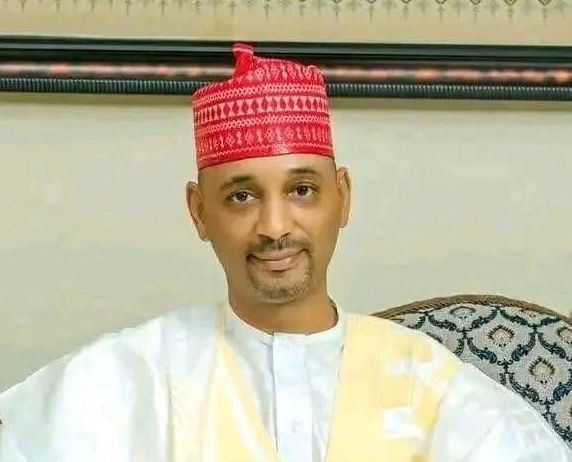Nigeria Grapples with Balancing Urbanization and Infrastructure Demands
A senior lecturer at Abubakar Tafawa Balewa University, Dr. Ibrahim Lawal, has emphasized that Nigeria is still struggling to balance rapid urbanization and infrastructure demands. Lawal made this statement during the 2025 Annual General Meeting and Public Lecture of the Nigerian Society of Engineers in Bauchi. He also highlighted the need to combat the impact of climate change, which poses significant challenges to the country’s development.
Lawal attributed the struggle to balance urbanization and infrastructure demands to the growing population, which puts pressure on existing infrastructure. In his presentation, titled “Building an Environmentally Sustainable and Resilient Future,” he urged governments at all levels to prioritize infrastructure development as a key sector for climate action. Lawal noted that understanding the intersection of climate change, infrastructure development, and engineering practices is critical in shaping Nigeria’s path towards a sustainable and resilient future.
The Emir of Bauchi, represented by Alhaji Jibrin Jibo, also spoke at the event, emphasizing that a call for climate-resilient infrastructure is essential for the country’s survival, progress, and continuity. He encouraged engineers, policymakers, and traditional rulers to rethink how they plan, design, and maintain structures, and to innovate and adapt global best practices to local realities.
The Chairman of the Nigerian Society of Engineers, Bauchi branch, Abdulkarim Hassan, highlighted the chapter’s achievements in advancing the society’s mission and vision. He noted that the branch had conducted several technical visits, which broadened members’ technical exposure and created opportunities for collaboration and knowledge exchange.
The President of the Nigerian Society of Engineers, represented by Ibrahim Usman, called on members to encourage visitation to project and construction sites to foster relationships and promote technical development. The event reinforced the significance of addressing climate change and infrastructure demands in Nigeria, and the need for stakeholders to work together to ensure a sustainable and resilient future.



